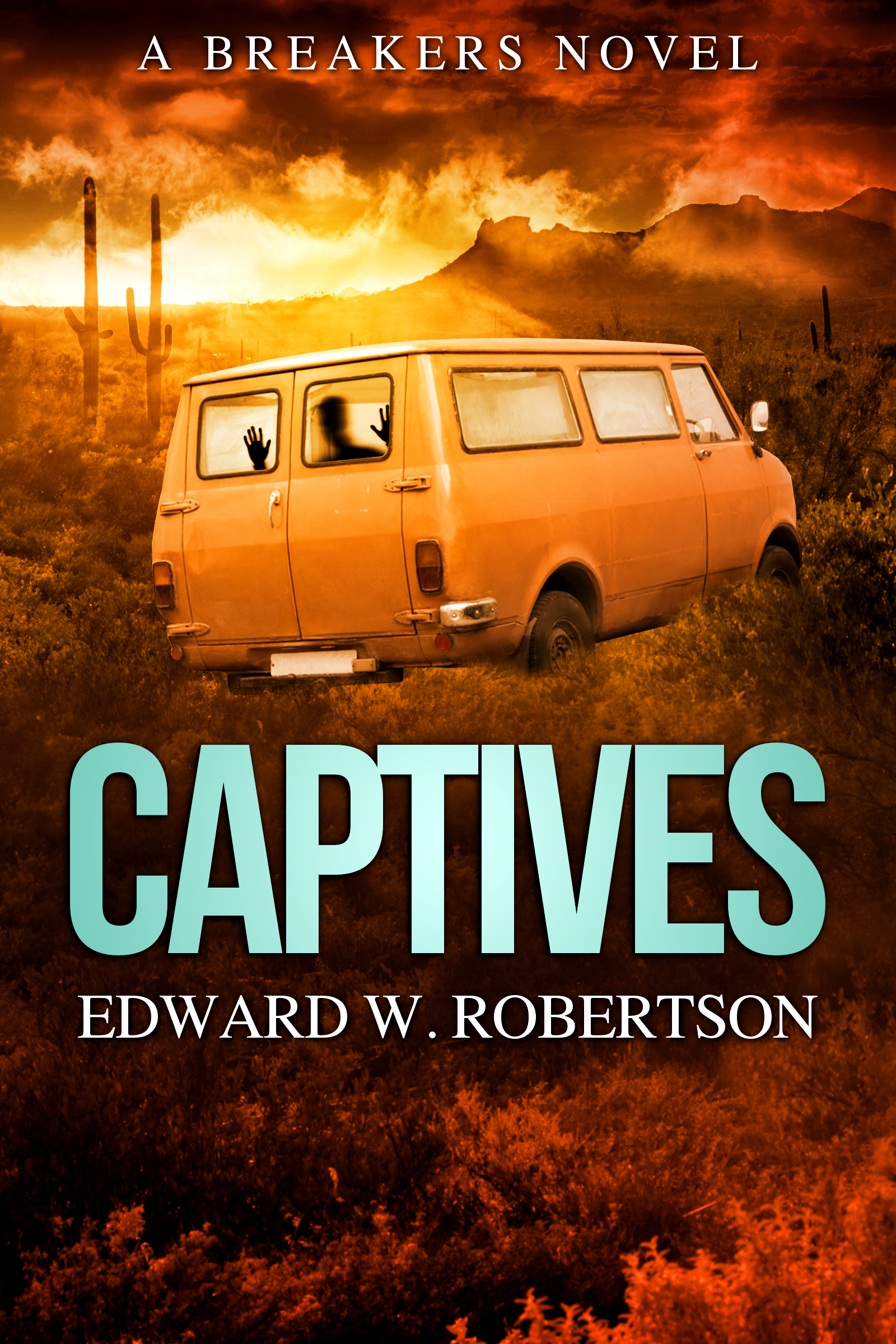Somehow I watched “House of the Rising Sun” without taking down any notes. Or possibly I accidentally deleted them all, having thought I’d already written about it. This means either a) it was so great I had to watch the next episode immediately or b) so disposable I forgot that I hadn’t even said anything about it yet because there was nothing to say in the first place.
This episode takes a look at the isolationist Korean couple, kicking off with an apparently unprovoked and brutal attack of Michael by Jin-Soo Kwon. Neither he nor his wife Sun-Hwa can explain–neither speaks English.
Jin, to this point, has been a fairly large asshole. Not large enough to drop a bowling ball through, but he could handle a coffee cup with no problem. He spends most of his time bossing his wife around, correcting her modesty, and then reminding her he loves her. (In fairness, there was that one cool sequence a few episodes back where he harvested urchins and brought their meat to the others.)
Once upon a time, though, Jin was a humble waiter. In flashbacks, we see how he wound up married to Sun, the daughter of a very rich (and, it’s implied, fairly dangerous) businessman. Jin’s not intimidated. He speaks to her father, gets permission to marry her. Gets taken into the family business. He does well at whatever it is he does–sometimes coming home covered in blood–and along the way, transforms from a charming, down and out young man to a callous, rich, wife-stomping (metaphorically) prick. In fact, at the airport where they wound up boarding the doomed flight, Sun was about to run away from him forever. She changes her mind, however, when he flashes a remnant of his old ways; instead of sneaking off, she boards the flight with him.
On the island, it turns out Sun speaks English. And that Jin is outraged that Michael has her father’s watch, which he’d found in the wreckage. Michael approaches Jin, who’s been handcuffed to part of the wreck, and angrily returns the watch.
Meanwhile! The others have been exploring the caves, finding food and water. Oh, and two corpses who have been in their current corpsey state for decades. Locke and Charlie have begun to bond when Locke reveals he knows Charlie’s in heroin withdrawals–but if he gives up his stash, the island will bring him his lost guitar, which Charlie claims to miss even more than the drugs. Charlie hands over his ball of dope. Locke points up, where the guitar’s hanging from a tree.
Yet all is not so sunny in Lost-land. Jack thinks they should move into the caves rather than constantly shlepping water to the beach, but others, Kate among them, thinks they need to remain on the beach on the lookout for rescue. The survivors split roughly in half, some going to the cage, the others remaining on the shore.
Good episode. Not much in the way of island-development other than the bodies and the stones on them, though. One rock’s black, the other’s white. Parallels to Locke’s little backgammon scene in the first episode. I’m getting the idea the island has something to do with good versus evil, or at least two opposition forces struggling for control. Over what, I don’t know–the survivors, their souls, the last unopened bag of Ruffles. Maybe I’ll know more in a season or five.
The flashbacks continue to be highly effective. If there’s one thing the writers of Lost are showing right off the bat, it’s that they can tell vast character arcs over the span of a single episode that’s also got drama and infighting and tree-mangling monsters. Six episodes in, we already know the fairly complete backgrounds of what, five characters? Jack, Kate, Locke, now the Kwons. Over the 20-odd-episode run of the first season, they should be able to flesh out the entire main cast with ease. To a degree, these characters are still coming off as types (the reluctant leader, the woman on the run from the troubled past, the propriety-obsessed Asian man, the junkie has-been rocker), but still–we’re only six episodes in. An awfully long time remains for us to be introduced to the deeper wrinkles, faults, and quirks of the marooned passengers.
A group we’re finally starting to see some serious divisions within. Sure, we’ve seen Locke and Sayid and other individuals go after each other, but in “House of the Rising Sun,” not everyone’s blindly willing to do whatever Jack says. Any society, no matter how small, is going to be composed of a number of different actors and interests. I’m glad to see the ad hoc island society is no exception.
“Good vs. evil will be a running theme” is my only speculation ginned up for “House of the Rising Sun.” That, and it seems like people wash up to the island on a regular basis, at least once a generation or so. As for whether they’re brought to the island by accident or some devious island-mind intent? That, I once more have no idea.









Leave a Reply